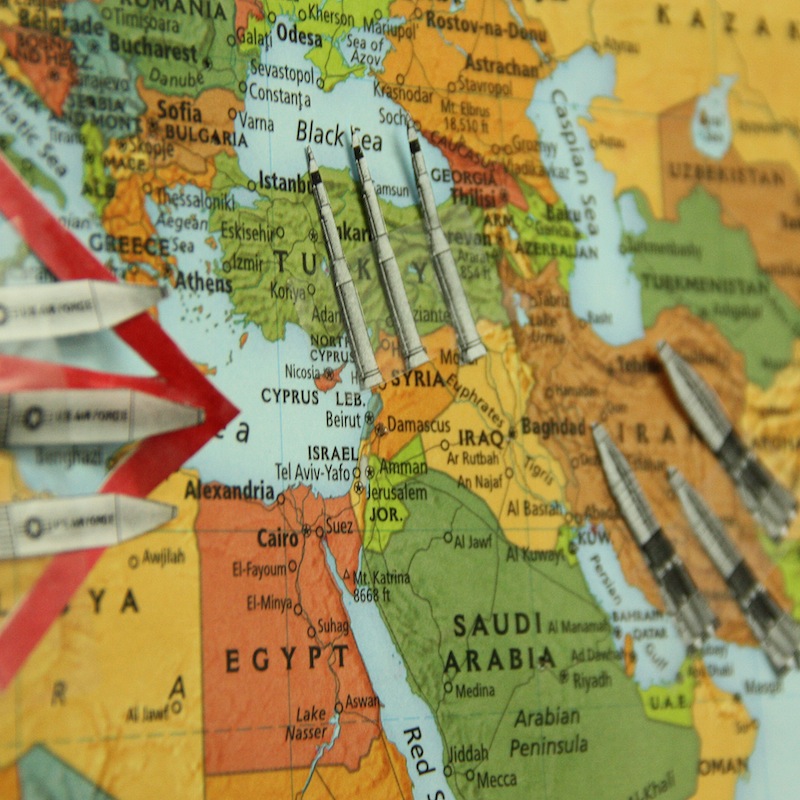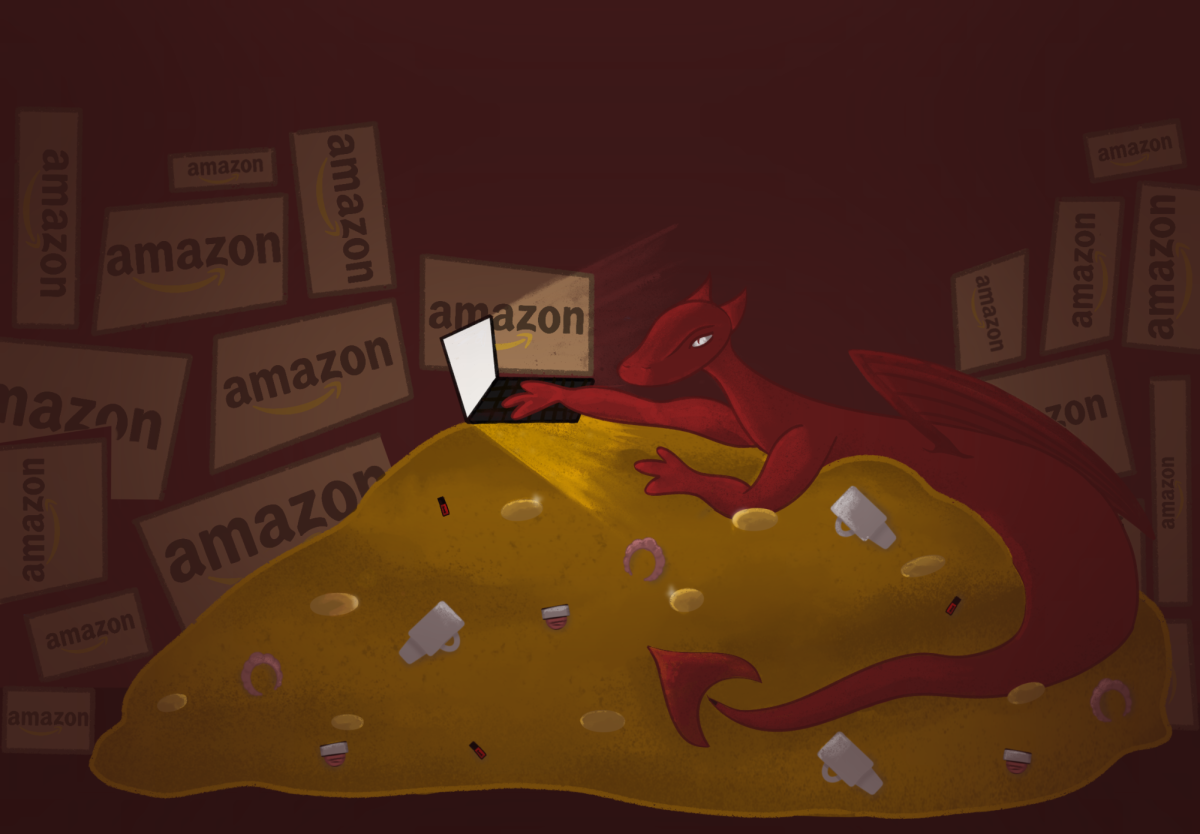
After launching a missile against our demands and refusing to abide by a ceasefire agreement, both the North Korean and Syrian governments find themselves at the end of their rope as world powers decide upon how to deal with these rebellious nations.
To the average observer, the reason peace has yet to be established can be traced back to unhappy citizens abroad and power-hungry demagogues. However, the true cause for why the global situation has yet to improve is due to our country’s foreign policy.
For centuries we have gone back and forth from the isolationism arena to the interventionism sector, changing our approach to global events as our situation betters or worsens.
Currently we find ourselves relying heavily on warnings and hoping that countries respect our demands. The United Nations, more specifically, is the center head of our foreign policy.
In Syria, United Nations convoys were sent to observe the situation to decide upon the next steps in their approach to establish law and order. For North Korea’s defiance in the launching of their missile, the United Nations Security Council met to decide on the appropriate punishment for the totalitarian state.
As admirable as these peaceful negotiations are, it is deplorable that these countries are disregarding our demands.
Simply by looking at Syria and North Korea, it is obvious that our nation is no longer being taken seriously as a world power. Countries look at our financial crisis and take advantage of our economic setbacks because they understand that in our current state the reality of us using military force is slim. Furthermore, our allies are doing nothing to aid us in enforcing our demands.
China, for example, is unwilling to use their influence over North Korea to make current negotiations favorable for us. Saudi Arabia has done little more than state promises they never come through on. It is this lack of aid from our allies that prevents us from making the world a safer place.
The reality of the situation is that our foreign policy relies on threats and warnings that in some cases have no effect.
When the United States declared that they would not offer food aid to the malnourished country of North Korea, the dictatorial country still moved forward with their missile launch. And although their satellite launch failed, it shows how little our threats are taken seriously.
If our country wishes to survive and remain a dominant force in the global community, there must be a drastic change in the manner in which we deal with international crises. We must drag ourselves away from simply issuing warnings and begin the controversial process of striking back with economic and military force.
In places like Syria, we must take advantage of their free-fall economy by declaring an embargo and other sanctions that will bring the ruthless government to its knees and possibly result in a resignation by the countries current president.
In regard to North Korea, we should twist our allies’ arms so they begin to spread their influence, which may result in a favorable outcome for ourselves.
Even in places such as Cuba, our government should begin the process of increasing the amount of military personnel on the American part of the island (while at the same time imposing rough economic sanctions) so the government will make reforms that would be beneficial for the suppressed citizens of the island.
Of course, these propositions may appear to be radical and costly, but if there is anything that we have learned in the 235 years of our country, it’s that conflicts overseas will inevitably affect us at home. Whether it is a war or a dispute over a small island, international conflicts between nations will affect the amount money one makes and the amount of money one pays for a product.
We must change our policies because if we don’t we risk taking a back seat in the game of diplomacy.








